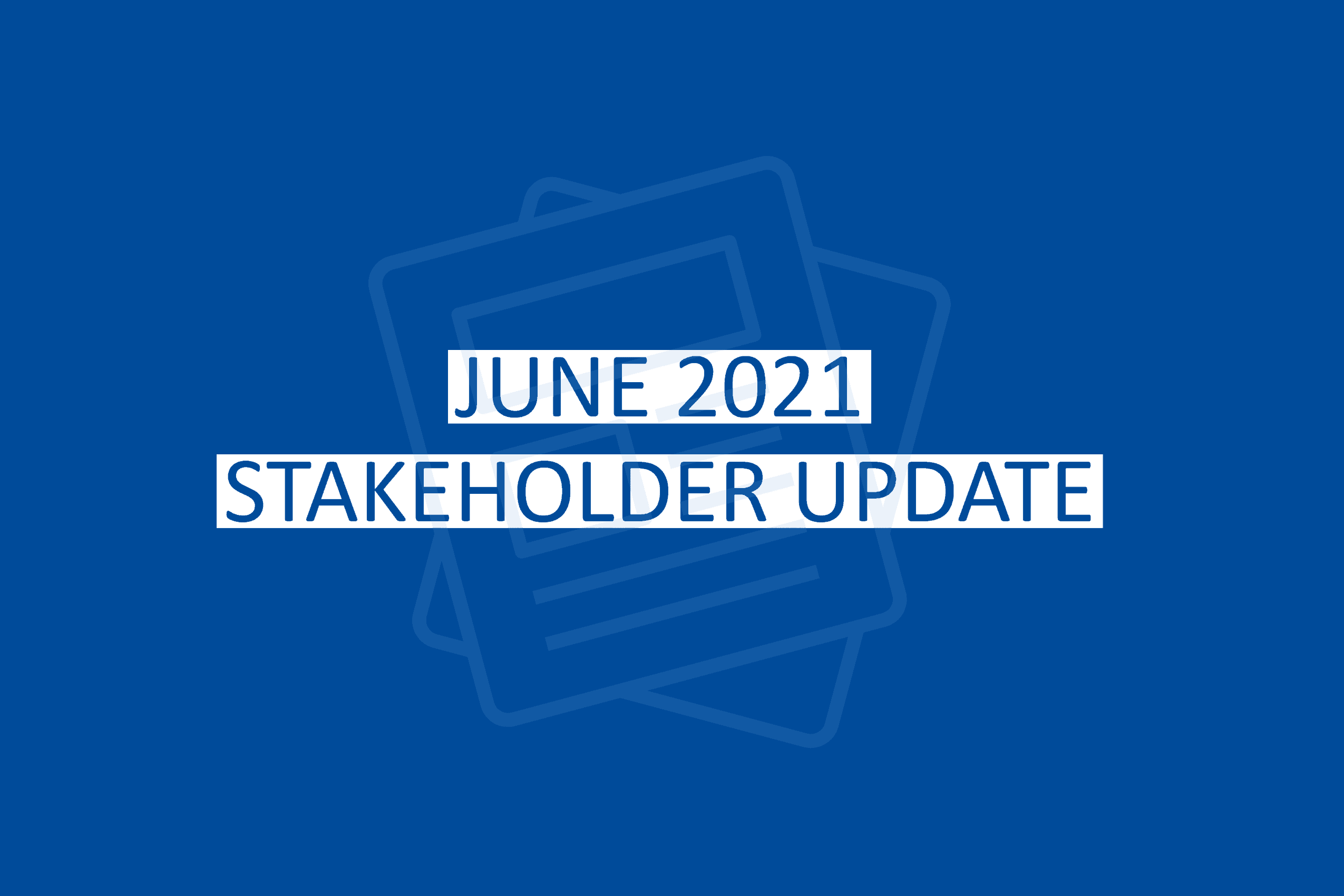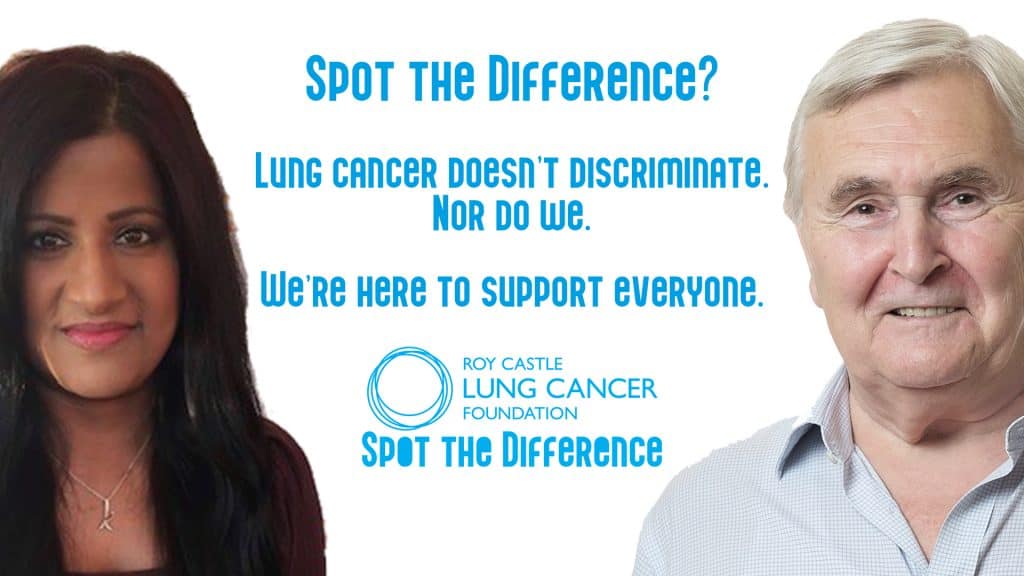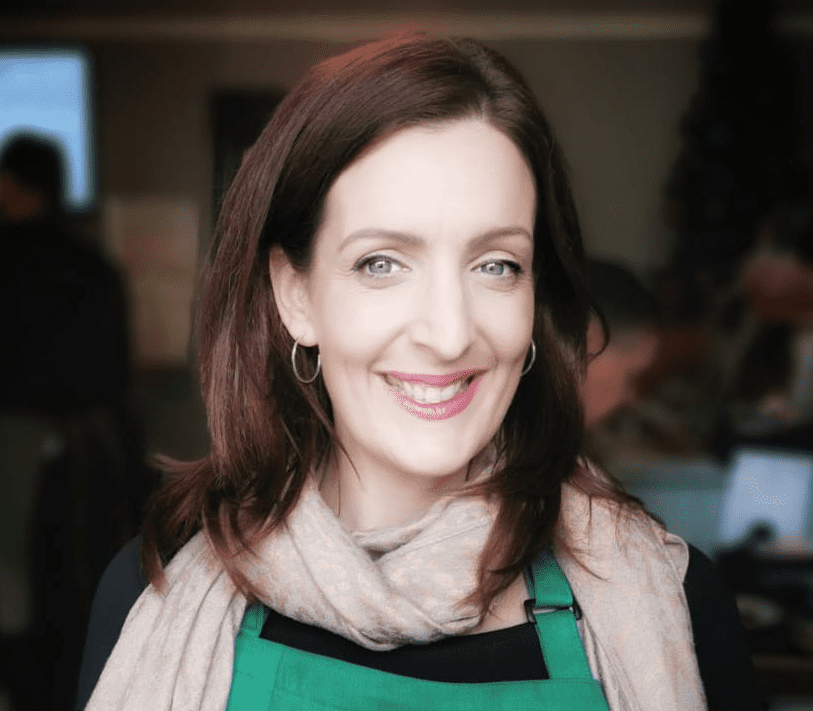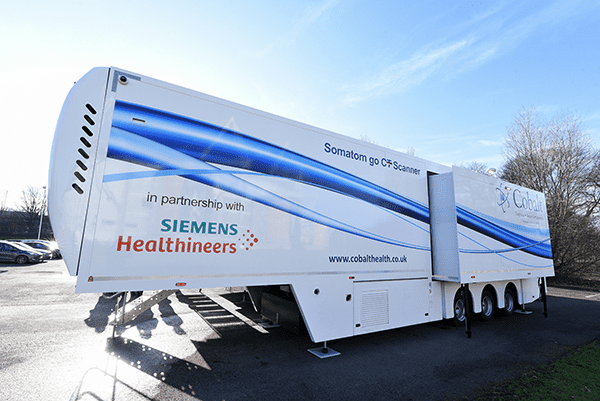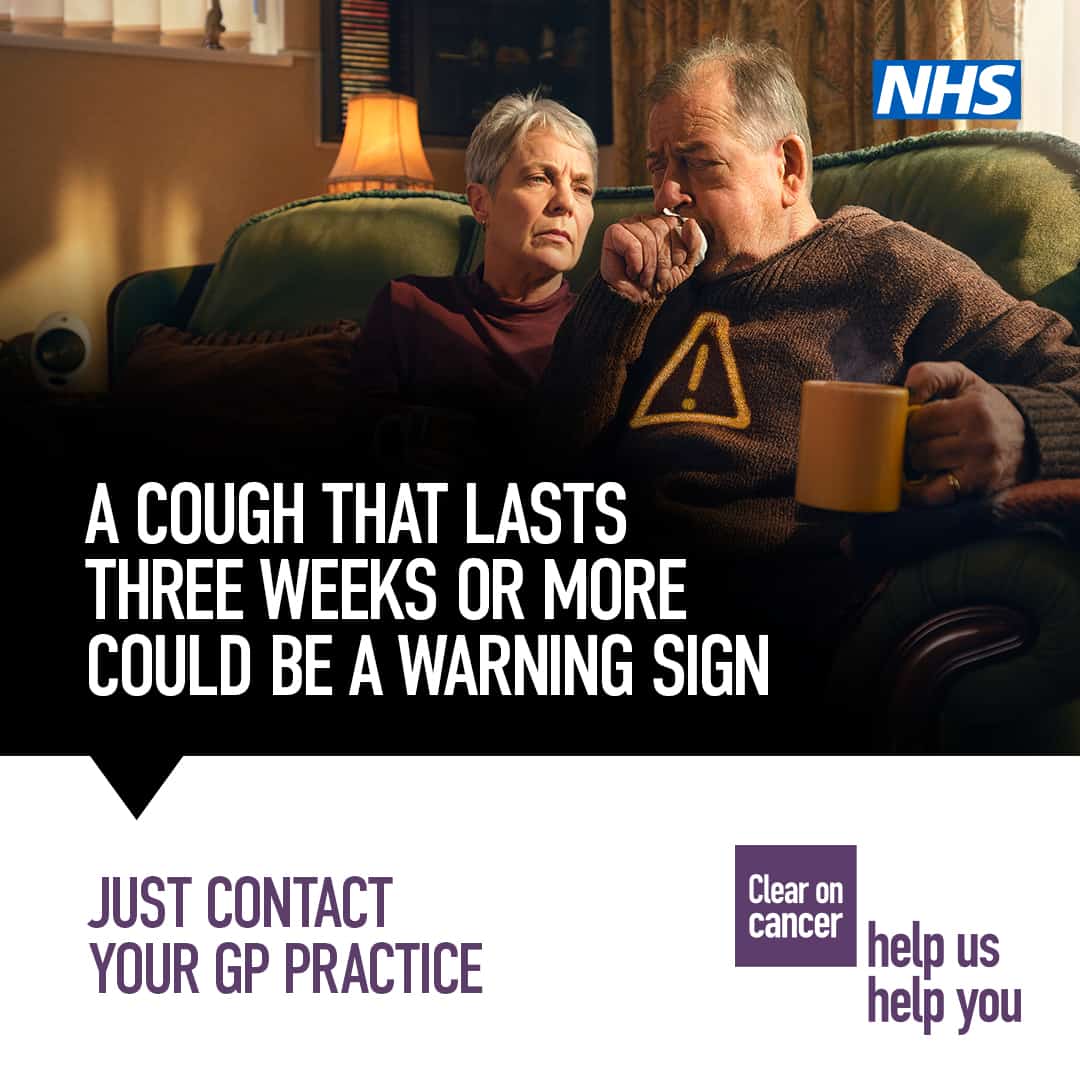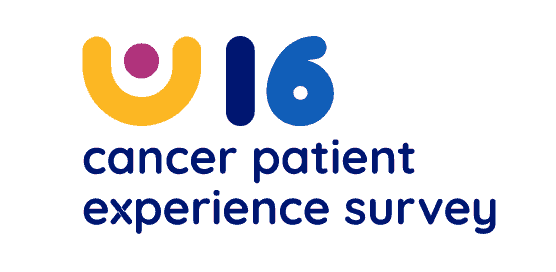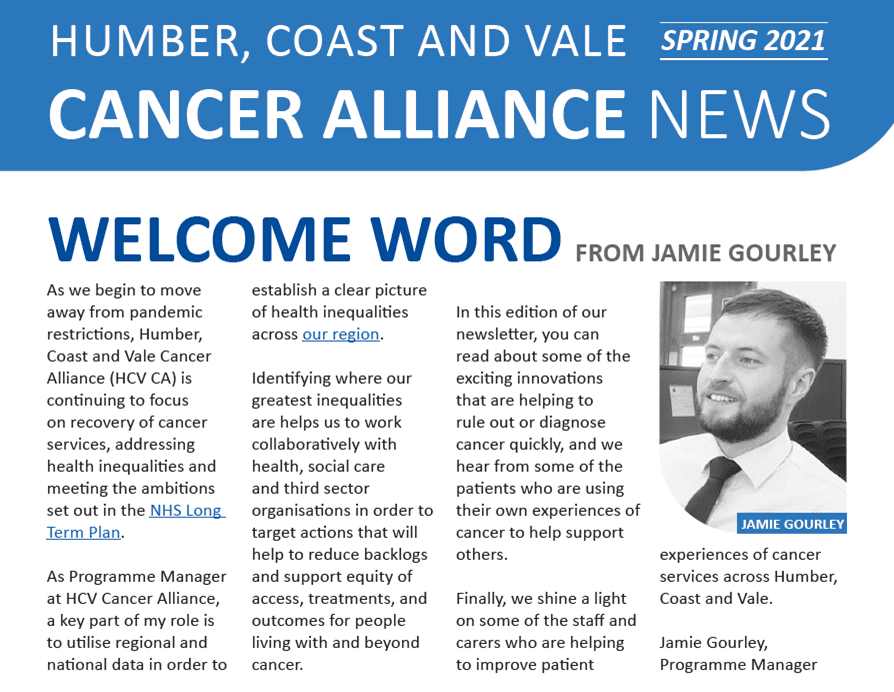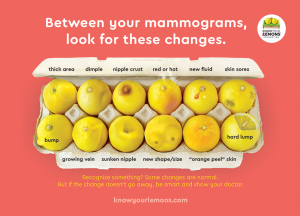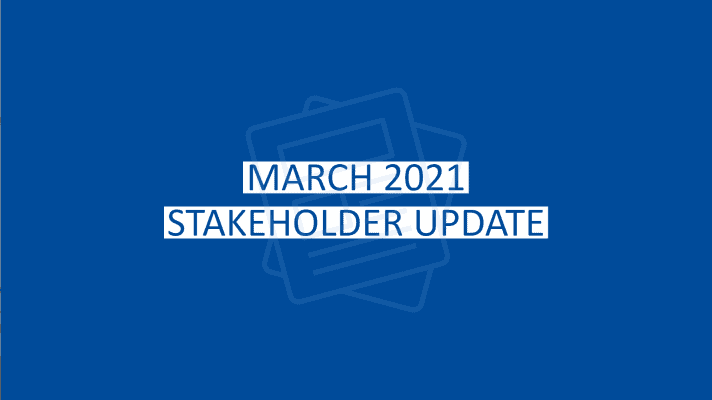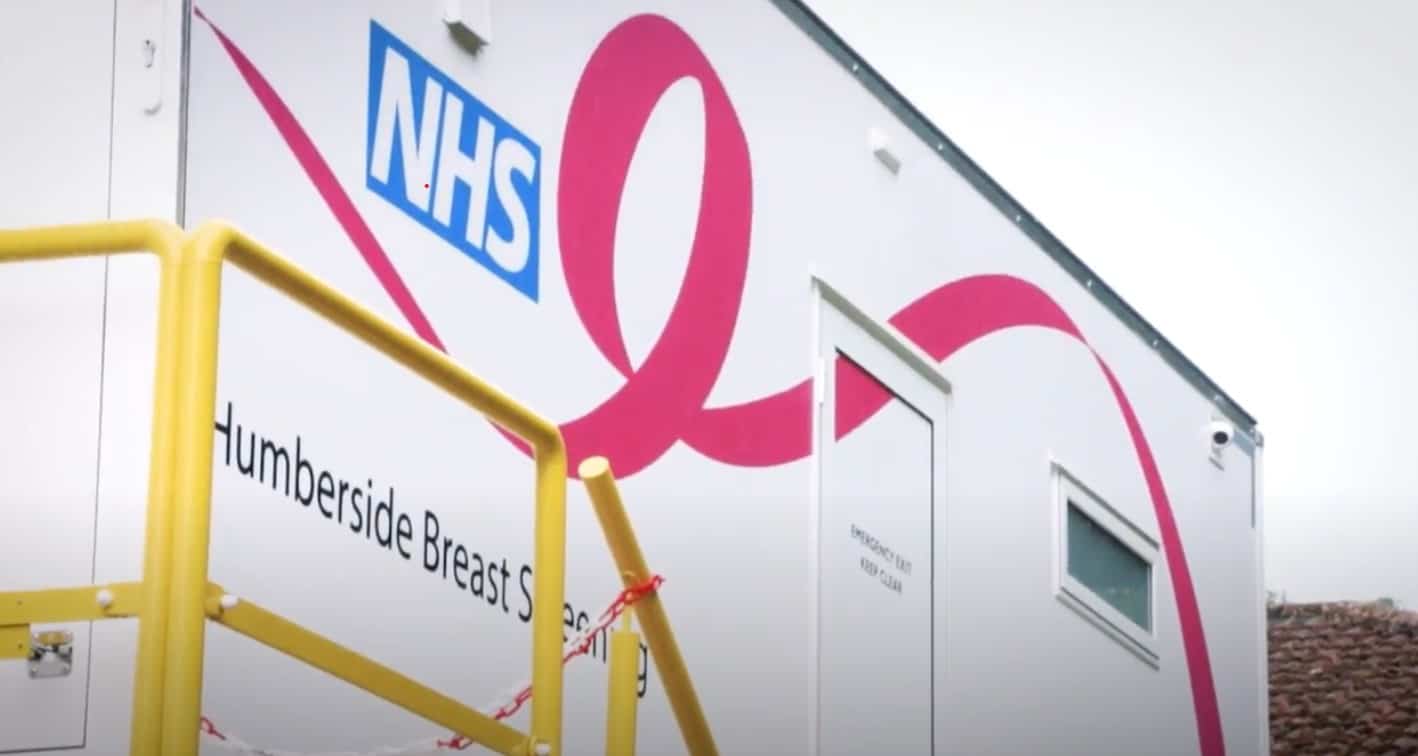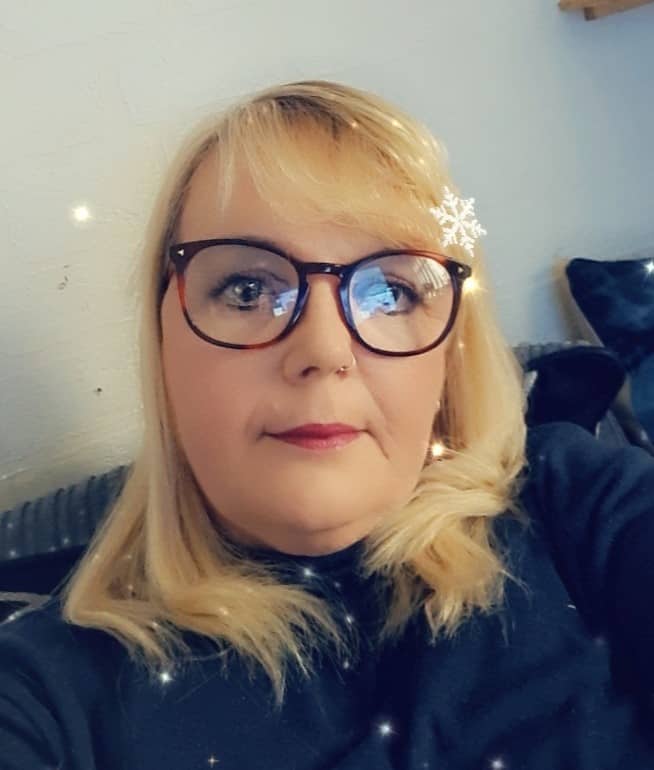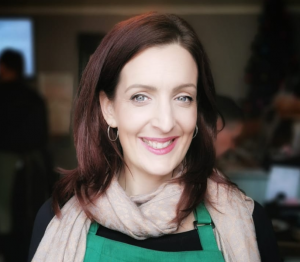
After a routine cervical screening, Katy received a letter saying she had abnormal cells and HPV.
“Following a routine cervical screening test, I was shocked to receive a feedback letter saying I had abnormal cells and HPV virus. It seemed very sinister and I was worried; how had I got HPV?!
I was then asked to go to Hull Royal for a colposcopy, which made me feel very nervous, as I wasn’t sure what to expect. When I arrived, however, the whole team made me feel at ease as soon as I walked in.
Before the colposcopy examination, I spoke with a consultant who explained more about the HPV virus… that it was very normal, and that I had most likely had it for years. By keeping a close eye on the cells and removing tiny amounts of them if required, it can ultimately stop the development of cancerous cells. There was no suggestion to say that I would develop cancerous cells if the HPV was left untreated – but it was a great way to prevent it from happening.
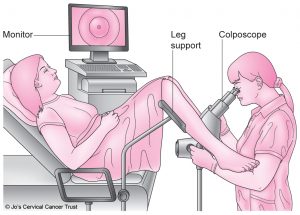
By keeping a close eye on the cells and removing tiny amounts of them if required, a colposcopy can ultimately stop the development of cancerous cells. [Image from Jo’s Trust]
The colposcopy was just like a cervical screening test, conducted by a specialist who viewed the cervix and took a tiny biopsy of the cells (which didn’t hurt at all) which were then sent off for analysis. I received a letter a few weeks later to say the abnormal cells had been examined and were not cancerous, so I would continue to have yearly smears to keep an eye on things.
The following year, when I returned for a smear test, I was referred for another colposcopy. This time, the consultant advised that they would remove some of the cells there and then – which was good because I didn’t have time to overthink it! Again, it was painless – just a little uncomfortable for a matter of seconds. The procedure was very quick. After using a local anaesthetic on the cervix (which also didn’t hurt) he used a device with a heated thin wire loop, which quickly removed a tiny amount of the abnormal cells.
Before I knew it, I was sat in a comfy chair, drinking a cup of tea, and eating a biscuit! I didn’t experience any pain when the anaesthetic wore off. I just had to avoid exercise for 3-4 weeks (other than walking).
I’ve just had another smear, and the HPV virus is still present, but there are no abnormal cells, so I’m being referred for a colposcopy again.
I’m very grateful for the cervical screening system – it is empowering to know that by attending the routine smear tests and colposcopies, I’m doing everything I can to monitor my health, which benefits both me and my family.”


